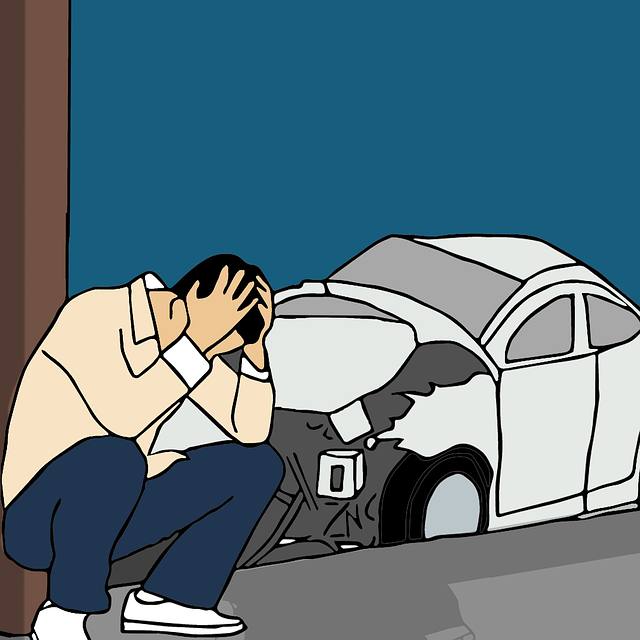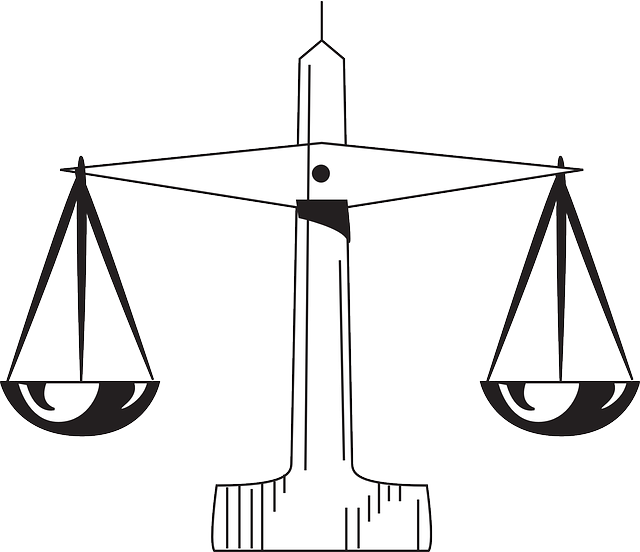Dividing wrongful death settlement funds requires navigating complex legal and emotional factors under state laws. Priority is given to fair distribution based on dependents' needs, relationships, and contributions, with special attention to vulnerable family members, ensuring justice and closure for all involved. Legal professionals structure plans considering unique case circumstances, including caregiver roles and financial dependencies.
In the aftermath of a wrongful death, understanding how settlement funds are divided among family members is crucial. This comprehensive guide delves into the intricacies of wrongful death settlements, offering insights on fair distribution and legal considerations. From comprehending the nature of settlement funds to ensuring equitable apportioning, each step is meticulously explored. By the end, readers will be equipped with knowledge to navigate this complex process, fostering a sense of justice and closure for affected families.
- Understanding Settlement Funds in Wrongful Death Cases
- Determining Fair Distribution Among Family Members
- Legal Considerations for Equitable Apportioning of Compensation
Understanding Settlement Funds in Wrongful Death Cases

In the aftermath of a wrongful death, one of the most complex and emotionally charged aspects is understanding how settlement funds are divided among family members. Settlement funds from a wrongful death case typically come into play when a person loses their life due to another party’s negligence, such as caregiver negligence or truck accident injuries. These funds serve as compensation for the sudden loss, aiming to provide financial support for surviving family members who may have suffered significant emotional and economic distress.
The distribution of these settlement funds is governed by state laws and the specific circumstances of each case. Factors that influence division include relationships between the deceased and beneficiaries, the legal status of each family member, and their respective roles in managing the estate. For instance, a spouse or minor children may receive a larger share due to their dependence on the deceased for financial support and emotional needs. Understanding these complexities is crucial for ensuring fairness and providing the necessary resources to those most impacted by the wrongful death.
Determining Fair Distribution Among Family Members

When dividing settlement funds from a wrongful death claim, ensuring a fair distribution among family members is paramount. The process involves several considerations, including state laws and the unique circumstances of each case. An auto accident lawyer or car accident attorney specializing in such matters can guide the family through this complex landscape.
In cases where there are partnership disagreements or contentious relationships, an experienced legal professional can help facilitate a structured distribution that accounts for everyone’s needs and desires. This may involve creating a detailed plan that considers not just financial needs but also emotional and sentimental aspects, especially when dealing with a wrongful death. The goal is to achieve a settlement that provides justice and closure while respecting the diverse needs of family members affected by the tragedy.
Legal Considerations for Equitable Apportioning of Compensation

When dividing settlement funds from a wrongful death claim, legal professionals must navigate complex considerations to ensure fairness among family members. Each state has its own set of laws dictating how compensation should be apportioned, with a primary focus on equity and justice. For instance, in cases involving caregiver abuse or breach of fiduciary duty, the court may order specific distributions based on individual circumstances and contributions during the deceased’s lifetime.
Equitable apportioning requires a thorough understanding of the relationship between claimants and the deceased, as well as their respective roles and financial dependencies. In wrongful death claims, this might include determining how much each family member contributed to the care and support of the deceased, factoring in emotional distress, and ensuring that vulnerable individuals—such as children or elderly dependents—are adequately provided for.
When dividing wrongful death settlement funds, it’s crucial to consider the unique dynamics of each family. By understanding the legal implications and employing equitable apportionment methods, affected families can ensure that compensation is fair and aligned with the loss experienced. This process involves a careful navigation of legal considerations to arrive at a just distribution, providing some solace during an otherwise challenging time.






